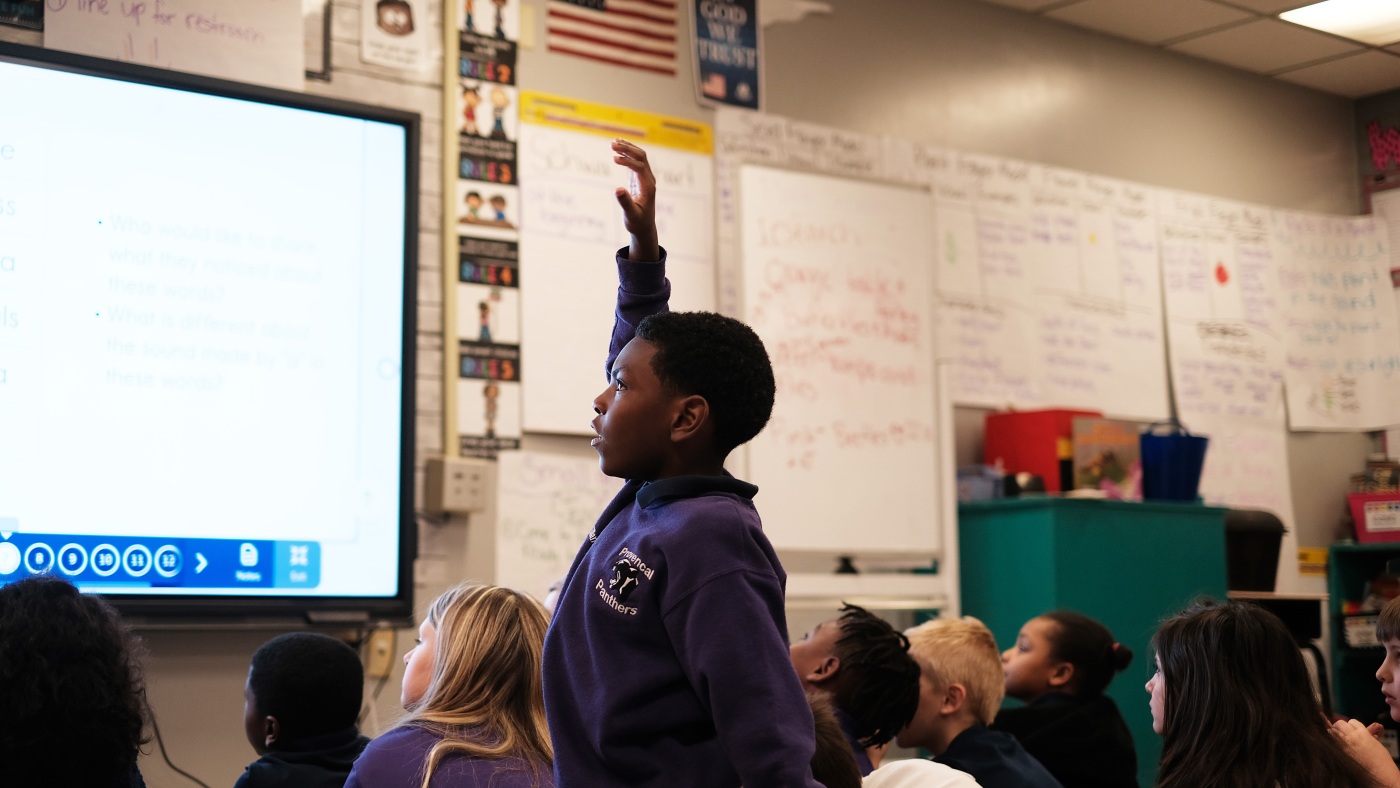How Louisiana Overcame Its Reading Challenges
In the midst of a nationwide reading crisis, Louisiana has emerged as a beacon of hope for improving literacy among children. National assessments indicate a decline in reading proficiency across the U.S., yet Louisiana has defied this trend, elevating its fourth graders from 50th to 16th nationally in reading scores.
Recent data from the Education Recovery Scorecard, a project by Harvard and Stanford, underscores Louisiana’s progress, marking it as the sole state to not only fully recover from pandemic-related educational setbacks but also improve its reading and math scores since 2019. Alabama has shown similar progress in math.
The Secret Behind Louisiana’s Success
Louisiana’s exceptional performance can be attributed to several strategic changes. The Natchitoches Parish School District, one of the state’s most economically disadvantaged, has made significant strides in boosting reading scores despite facing numerous obstacles. Superintendent Grant Eloi emphasizes high expectations for all students, regardless of their backgrounds, as a catalyst for breaking the poverty cycle.
“If you don’t expose them to the highest level of rigor, then what chance do they have at making it out of the cycle of poverty?” says Eloi, who took charge at the pandemic’s onset. His leadership, characterized by unified expectations across all district schools, has been instrumental in driving change.
Implementing Strategic Reforms
Key to Natchitoches’ success is the recruitment of Kathy Noel, a school improvement specialist with a personal connection to the district. Under her guidance, the district has leveraged COVID relief funds and federal grants to establish robust monitoring systems, train “master teachers,” and incorporate state-approved instructional materials.
These efforts align with Louisiana’s long-standing focus on updating educational resources based on the latest research. Jenna Chiasson, deputy superintendent at the Office of Teaching and Learning, highlights the state’s commitment to empowering educators with high-quality instructional materials.
Revolutionizing Reading Instruction
The transformation in teaching methods is evident in classrooms like Cady Caskey’s at Provencal Elementary. The science of reading training has shifted her approach from whole-group instruction to tailored, small-group sessions that address individual student needs. This personalized method has enhanced student engagement and performance.
Interventions for struggling readers and enrichment for advanced students are now standard across the district, ensuring every child receives appropriate support.
Supporting Educators Through Data and Training
The Natchitoches district employs master teachers who provide ongoing support and data-driven insights to classroom instructors. Regular “cluster meetings” facilitate the sharing of effective strategies, such as the continuous blending technique for phonics, which has shown significant improvement in student outcomes.
Kathy Noel, who oversees these initiatives, stresses the importance of literacy as a foundation for broader educational success and societal contributions.
Maintaining Momentum Amid Financial Constraints
Despite the expiration of COVID relief funds, Louisiana’s educational leaders remain committed to sustaining these improvements. The Natchitoches district’s $14.26 million federal grant will expire in three years, prompting concerns about future funding. However, Eloi and his team are focused on developing a sustainability plan to retain essential programs and staff.
“What we’ve done costs a lot of money,” acknowledges Eloi. “But we see the value of our master teachers, and I don’t care what it takes, we’re going to keep those systems in place.”
As the state continues to refine its accountability measures and incorporate new reading standards, Louisiana’s educational reforms offer a promising model for other states grappling with similar challenges.
For more insights, explore the detailed analysis by NPR.





